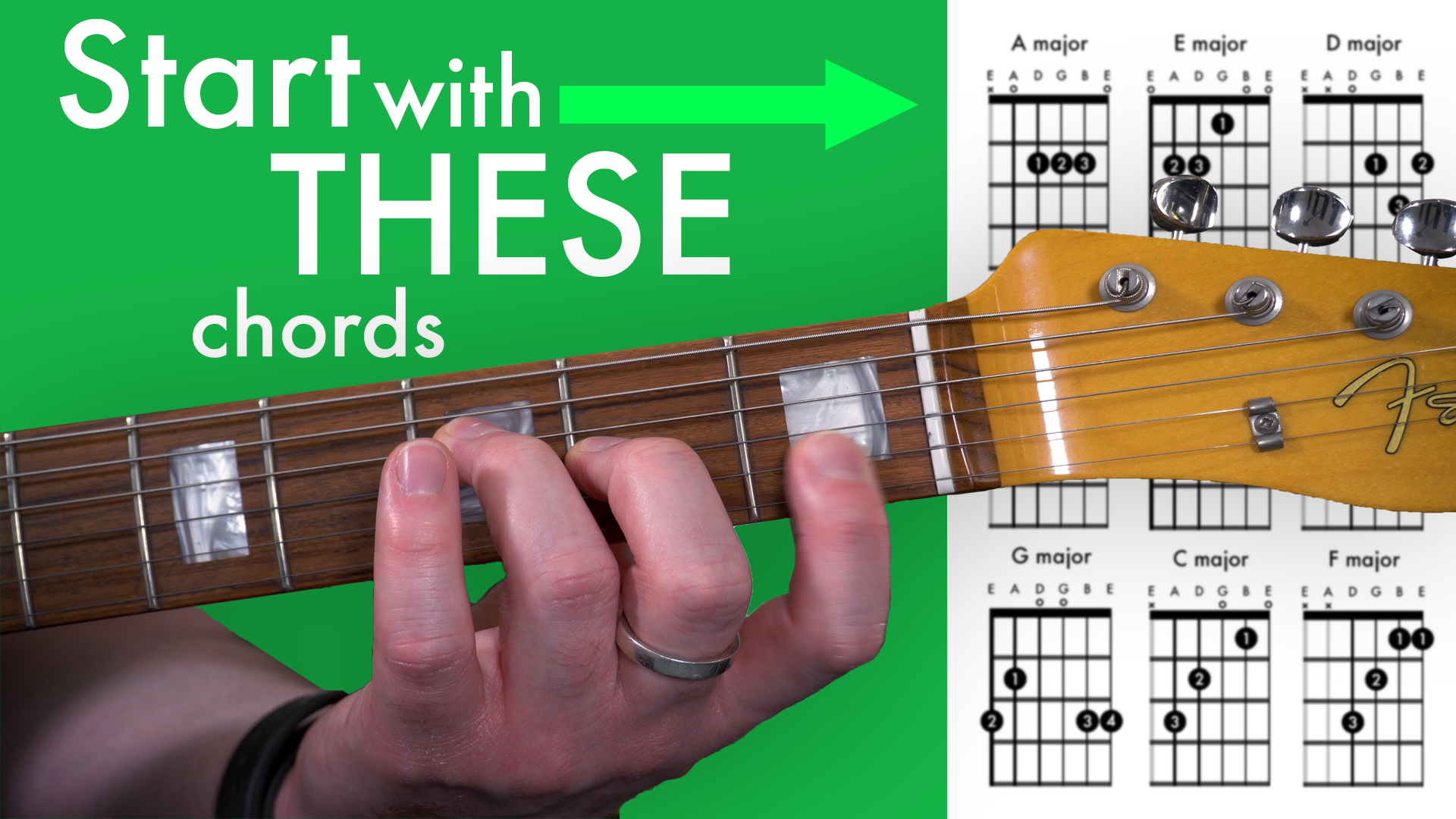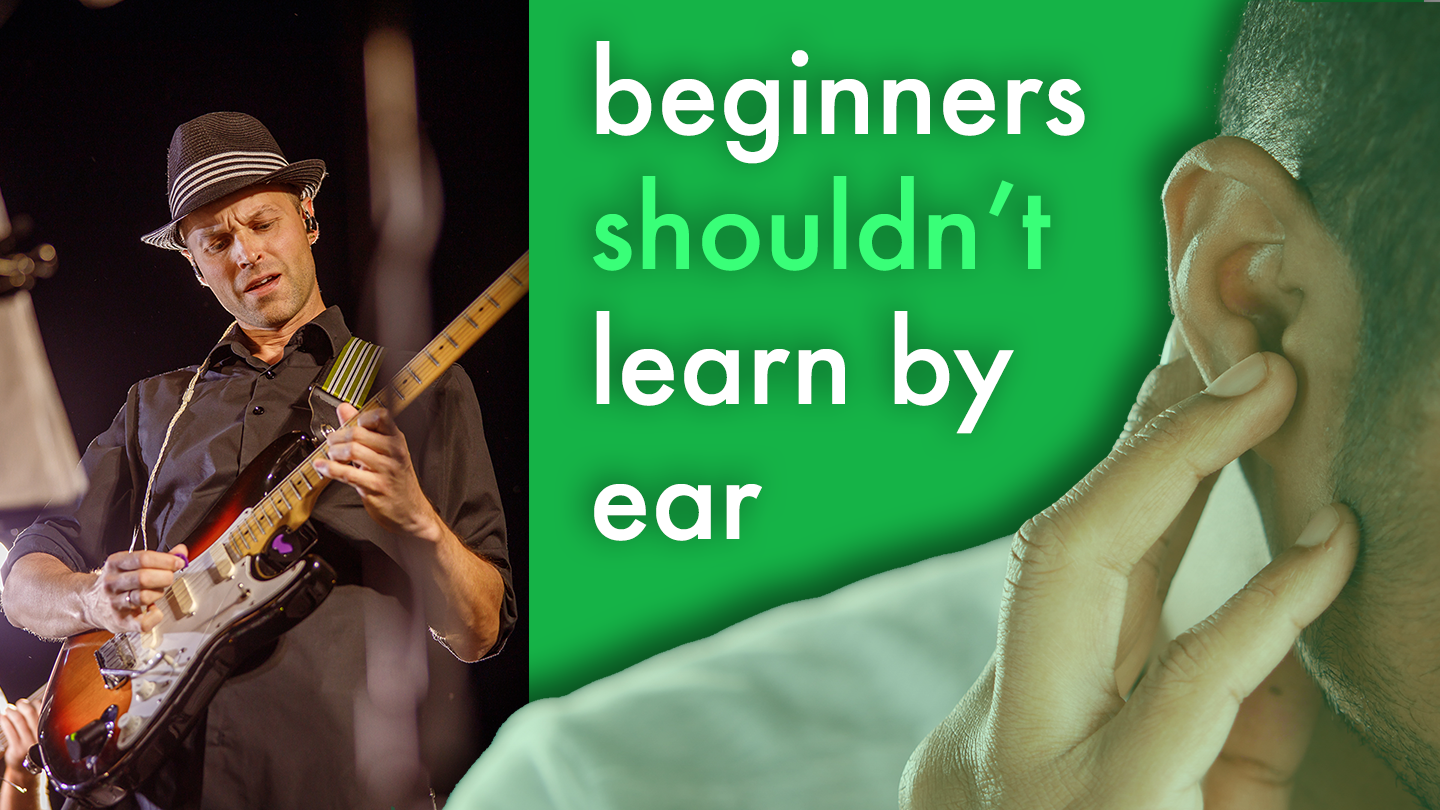5 Reasons Learning Music Helps You Enjoy Life
Music is all around us
Over the last decade, music has become a huge part of our lives. We hear it on TV, in movies, at the gym, when we’re shopping. I can’t even remember the last day that I didn’t listen to any music. Thanks to the internet, and with a little help from social networks, sites like Spotify, Soundcloud, and YouTube have all given us new ways to play, explore, and share music. According to a study by a company called Audio-technica, the average person will spend about 13 years of their life listening to music. That seems like an insane amount of time! Although, when I think about how many hours I spend listening to music every day, it makes sense.
Throughout history, music has helped shape culture. Artists like Michael Jackson, the Beatles and Justin Bieber have defined the sound of a generation. We all have certain songs that have a special meaning to us. Maybe you listened to a particular track the night you met a special someone? Or perhaps a certain song is the soundtrack to that difficult time in your life a few years ago? Regardless of what the situation is, we are emotionally invested in music.
Being able to speak the language of music gives us a greater vocabulary for understanding what we hear. When we speak our native language, we don’t always have to have the best grammar or even necessarily need to use the right words, to communicate with someone, hear what they are saying and understand what they mean. Music is similar in the sense that, while you don’t need to be an expert in classical theory, some understanding of the language helps with our interpretation and communication.
Learning music teaches you to listen
Have you ever gone to a country where they speak a different language? You walk through the streets listening to conversations happening to the left and the right and you don’t understand a thing. Then someone teaches you one or two words and all of a sudden you hear them everywhere! It’s a bizarre feeling when you hear someone speaking what sounds like gibberish to you but a word you recognise pops out now and then. The more you learn of the language the less foreign it sounds. This is exactly what it is like when you learn music.
I often find myself in a situation where a student will tune their guitar so it’s ‘good enough’. I’ll have to get them to do it again because I can’t stand listening to a guitar that’s not quite in tune for the whole lesson. This is because I’ve spent years developing my ear and learning what each string should sound like. When I listen to a song I don’t just hear ‘the song’, rather I recognise each part of the beat, each note in a chord, and understand how it’s been played on the instrument. I’ve learned to hear all this the same way you begin to recognise words when someone is speaking a foreign language. Learning to listen like this changes the way you enjoy music. It becomes more alive, more immersive and vibrant. It’s like sound in 3D.
Learning music teaches you confidence
The average person will spend about 13 years of their life listening to music.
Confident people have more fun. Why? Because they are not afraid to step out and embrace life. They make more friends and grab opportunities as they pass by. Jumping on stage with your instrument and playing for other people can be an extremely nerve-racking experience, but it gets easier the more you do it. Confident people still get nervous, but they’ve already made mistakes in front of other people and realised that it’s not the end of the world. They are secure in their skills and have learnt to sit back, do what they do, and have fun.
Learning music teaches you discipline, time management and organisation
Practising music is a commitment. If you buy the instrument, go to lessons, but don’t practice the skills during the week, you’ll probably make some progress. But not much progress. You’ll get frustrated and give up because it seems like hard work. It’s like showing up to an exam without doing any study. You’re probably not going to have a good time.
Practice isn’t meant to be fun. It can be fun, but a lot of the time it’s hard work. Many people have the wrong idea and think that if they aren’t having the time of their life every time they pick up the instrument, something is wrong and they don’t want to do it. Practice is where we are actively improving the things we find difficult, and sometimes it’s hard. I have days when I really don’t want to practice when there are so many other things I’d rather do than sit down and try to get my head around some difficult techniques on the guitar. However, I do it anyway. I push through the boredom and lack of motivation because I’ve experienced how much fun it is when you master something on your instrument and you no longer have to think about it to do it. It’s like speaking your native language. It’s fluent, it’s easy, and it allows you to have a lot of fun! However, before you can experience this kind of freedom on your instrument you have to be disciplined, ready to practice when you don’t want to. You need to manage your time so you don’t get to the end of the week and realise you forgot to fit your practice sessions in. You also need to organise what you’re practising so you can be effective with your practice time and maximise your achievement on your instrument.
Learning music makes you smarter
We’ve all heard it before; learning music helps you with maths and makes you smarter. That’s cool, but nothing I’ve ever heard about how music makes you smarter has been summed up as nicely as in this TED talk by Anita Collins.
Here are some of my highlights from the video:
Playing music is the brains equivalent of a full body workout.
Playing a musical instrument engages practically every area of the brain at once.
Musicians may be able to solve problems more effectively and creatively, in academic and social settings.
Musicians exhibit enhanced memory functions.
The artistic and aesthetic aspects of learning to play a musical instrument are different from any other activity studied, including other arts.
What’s been your experience learning music? Why do you think others would benefit from learning an instrument?



A guitarist who has learned all the notes on the fretboard: Can more effectively learn scales and chords; Has a better understanding of keys, intervals, and scale degrees; Is able to more easily memorise songs; Has a greater capacity to understand music theory; Is more effectively able to develop their aural skills; Gets ‘lost’ far less frequently when they are improvising on the guitar.